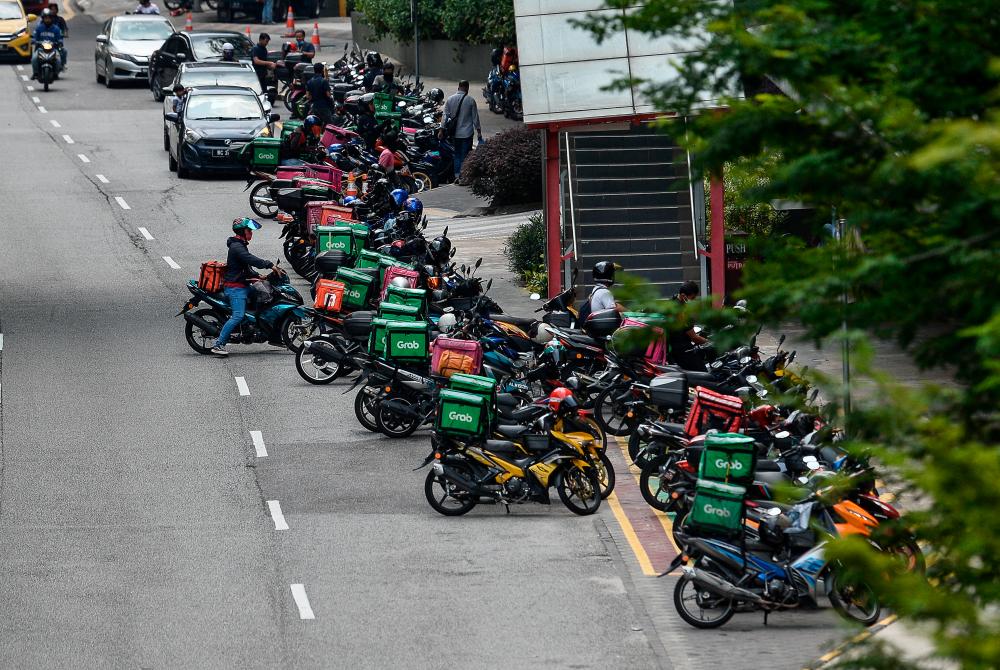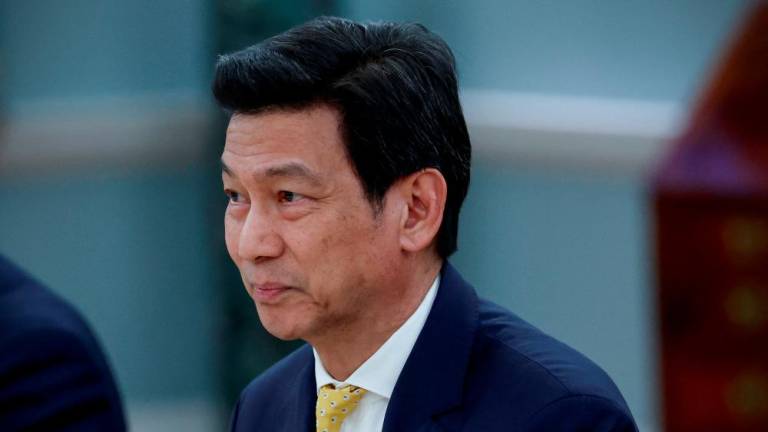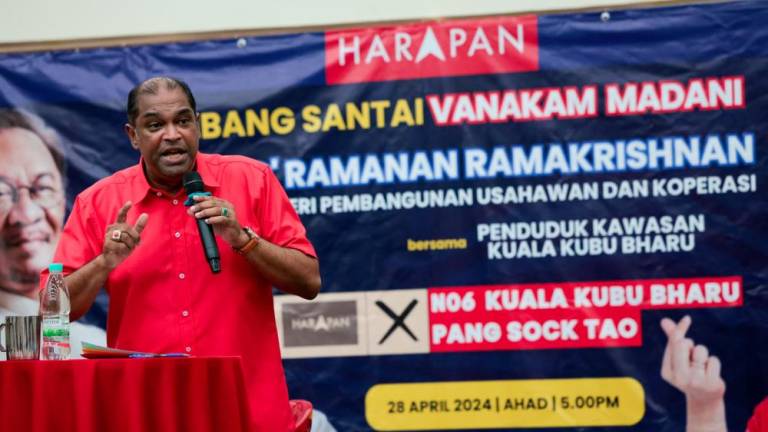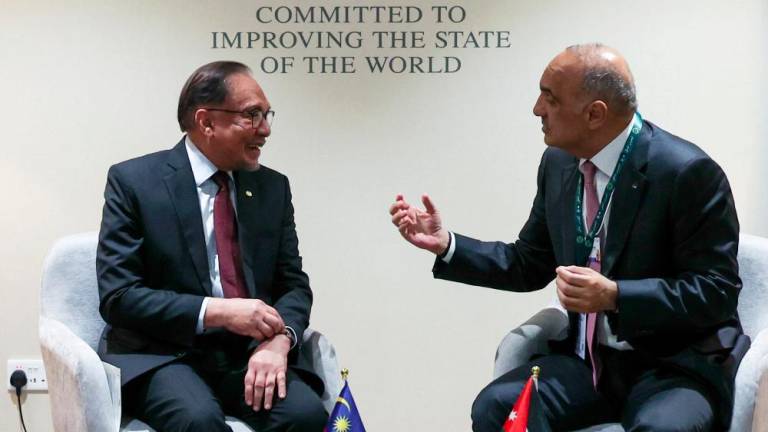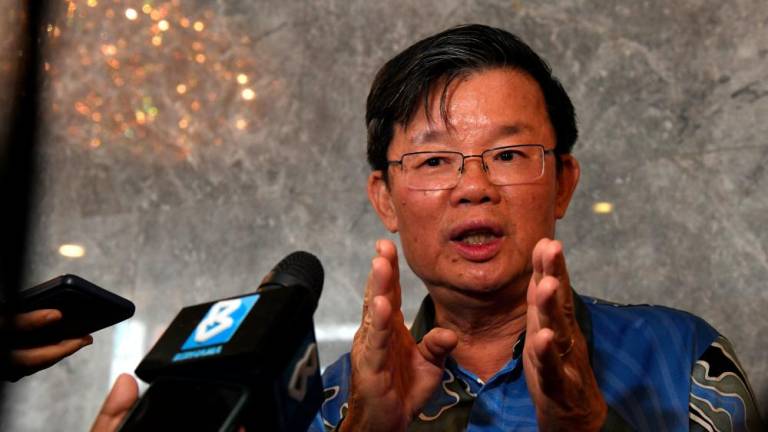THE Human Rights Commission of Malaysia supports the government’s initiative to establish a Malaysian Gig Economy Commission and formulate legislation to safeguard the social security of gig workers.
This significant development aligns seamlessly with the commission’s recommendations to ensure adequate social protection for gig workers.
The gig economy in Malaysia has experienced remarkable growth in recent years. However, the lack of worker classification and agreed-upon terms of employment has hindered gig workers from enjoying basic labour rights and essential social protections.
Additionally, concerns about consumer rights and food safety have arisen due to the unique nature of gig-based services.
Recognising these challenges, the commission initiated efforts in 2021 to actively advocate for the rights of workers in the gig economy.
Extensive discussions have been held with e-hailing and p-hailing workers as part of these continuous efforts. These discussions took place on March 1 and June 1 and involved the participation of e-hailing and p-hailing service providers.
The commission is committed to formulating the legislation to ensure that the rights of gig workers and consumer interests are well-balanced and protected.
The commission proposes the following aspects, including establishing precise definitions for gig workers, ensuring social protection, devising effective complaint mechanisms and outlining the terms of collective agreements for employment.
These terms should include income stability, maternity leave, annual leave, medical benefits, contributions to the Social Security Organisation, Employee Provident Fund and insurance coverage as well as ensuring sufficient floor and equitable pay.
Furthermore, legislation should include specific provisions for consumer rights and food hygiene preparation in gig-based services to promote a safe and reliable environment for workers and consumers.
The commission strongly encourages continued dialogue and collaboration between the government, industry stakeholders, gig workers’ associations and civil society organisations to address the evolving needs of gig workers while upholding consumer rights and ensuring food safety.
By working together, we can establish a fair, inclusive and secure system that protects the rights, welfare and interests of all stakeholders involved in the gig economy.
Prof Datuk Dr Rahmat Mohamad
Chairman Human Rights Commission of Malaysia



